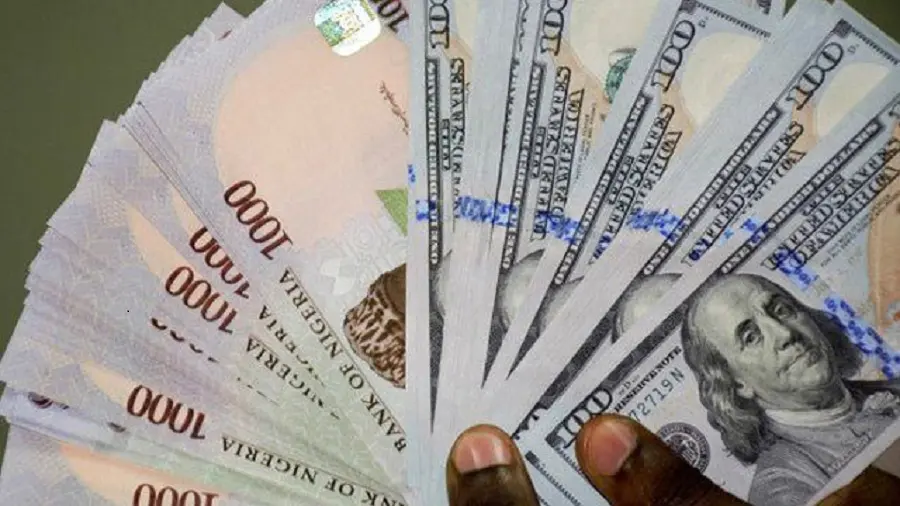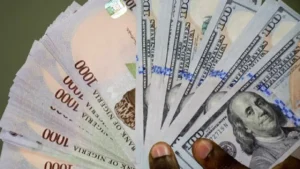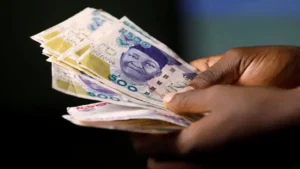
Nigeria’s battle with foreign exchange is far from over. The naira continues to swing wildly against the dollar, leaving businesses confused and citizens anxious. Importers complain they cannot access forex for goods, students abroad cry over rising school fees, and airlines threaten to pull out due to trapped funds.
In markets across Lagos and Abuja, the impact is obvious. Prices of electronics, pharmaceuticals, and even basic household items are going up daily. Traders say they are forced to adjust prices almost every week because suppliers keep quoting new exchange rates.
The Central Bank of Nigeria has promised reforms, but many Nigerians feel these assurances have not translated into reality. “We need stability, not promises,” said an importer at Alaba market. “Every day the dollar rises, our businesses collapse further.”
Economists argue that until Nigeria reduces its dependence on imports and grows its export base, the dollar problem will persist. But for now, what concerns ordinary citizens is how to afford the next bag of rice or packet of drugs.



